THE LAW SCHOOL YEARS
As I coasted to college graduation, I uncharacteristically spent some time considering the future. My spouse suggested I look for a job. Seriously? That was certainly not my top priority. I tried an employment agency. An undergraduate degree in Economics from the University of Nebraska at Omaha in 1971 meant nothing, even if I was one of the top students. I was offered 2 jobs as a Property and Casualty insurance underwriter at the disappointing salary of $400 – $450 a month! I suspected I might have done better if I had been a male graduate. Being a lifelong night owl, I was unwilling to get up early and to work by 8 a.m. for that amount of money.
Graduate school seemed an alternative until I discovered a new direction for my life’s journey. I really did not have the math skills to succeed in a graduate program in Economics. This was in a time long ago before personal computers or electronic calculators. My manual calculation skills matched my dreadful typing ability. What should I do?
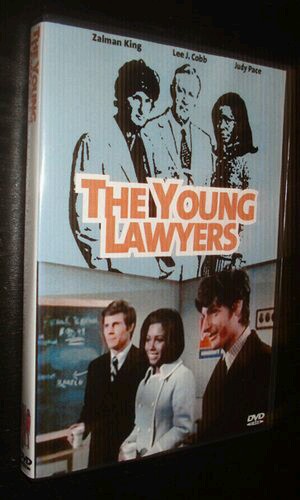
The Young Lawyers 1969 – 1971.
Once again, a television program became the compass I used to set my course. There was a show running about young lawyers helping the poor. It was sort of a “Mod Squad” with young lawyers instead of police. I watched it occasionally and noticed there was a streetwise woman lawyer in the mix. So …the idea of going to law school was born. It is helpful to recall that this was undiscovered territory for me. The adults in my family never attended college. I did not know a single lawyer. I had watched Perry Mason for years. My working class parents, still absorbing my unexpected graduation from college, were incredulous when I reported an interest in law school.
I spent a gap year working the night shift at Hilton Reservation Service. I liked the work and learned about faraway places to visit. I am still working on that bucket list.
I applied to 2 law schools, University of Iowa and Creighton University, and was accepted at both. My enrollment decision was made when my husband extended his college graduation again. There was no Vietnam War reason for his delay anymore. (His Draft lottery number 6 had already been resolved by a 4F classification.) His plans of attending the Masters of Fine Arts program at Iowa were definitely slipping away. At the time, I was not as appreciative of his willingness to support me through law school as I could have been. I regret this now. Anyway, Creighton Law became the plan.
I was noticeably alarmed to learn that my Creighton scholarship would only pay for 1 semester’s tuition or books. The Student Finance office introduced me to the harsh reality of Student Loans. The process was streamlined. Getting myself in the Schoolof Law door was the easy part.
I knew nothing about law school, and did not think to look into it. I naively assumed it was a continuation of college with a focus on “The Law.” Of course, I was one of the students who arrived the first day not knowing I had missed almost 200 pages of assigned reading. We were then assigned seats alphabetically in all classes. Really? This was a bad omen.
The professors did not lecture or share much concrete information about the various Law courses we studied. They did challenge students ; i.e., verbally abuse us, with questions. I became aware that this vacuum of information was “The Socratic Method.” These drills did mirror press interview experiences I faced later in politics. The interrogator asks a series of questions until you embarrass yourself, and then noticeably smirks at your deficiencies. This “communication”style always conflicted with my mother’s earnest guidance on manners.
There were 14 women in my freshman class at Creighton Law – roughly 10% of the total students. One of the women students dropped out before 2 weeks. I often wondered if she made the wise choice. My own rationale for staying was dubious. I had suffered the worst 2 weeks of my life, and it would be for nothing if I did not get a law degree!
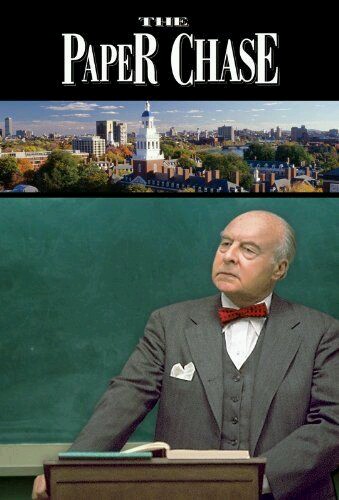
Law School Entertainment Therapy
I was blessed with great friends during my Creighton years. We bonded around our stress and deflated egos. We felt collectively vindicated by the movie “The Paper Chase” that proved to the world that we were all being disrespected and victimized. We were good students and graduated at the top of our class. I became a mother 3 weeks into to my senior year. My close friends were very supportive. Most of the faculty pretended not to notice that I was barely able to squeeze into my classroom seat and then absent for 3 weeks.
I became a Feminist in spite of myself. There were several guideposts on this leg of my journey.
I had read a book titled “The Feminist Mystique” by Betty Friedan in my gap year before Creighton. This book resonated with me to an extent I had not experienced up to that point and have not felt again. It explained the underlying low grade sadness I had seen in my mother’s life. It also evidenced some of the obstacles I faced in my own personal goals and relationships. It revealed my current situation in a light I might never have discovered on my own. I am not sure the book would mean so much to a woman of the Millennial generation today. It was the Rosetta Stone for Baby Boomers like myself.
Constitutional Law was a freshman requirement. I was an devoted student of History so I enjoyed this course more than most. At some point in the year, we received a pocket part insert for our already too heavy Con Law casebook. It had a “hot off the press” Supreme Court opinion Roe v. Wade. I learned much later that this case was apparently a really big deal. In typical Janet Elizabeth Stewart fashion I had no clue. I had literally heard nothing about the case before it became assigned reading. I am going to share my personal evolution on reproductive rights, at some point. This particular post will focus on another revelation that solidified my identity as an “Accidental Feminist.” A defining moment in my political evolution emanated from “The Equal Rights Amendment.”
I had an unbelievably uninformed understanding of the Feminist movement. I belatedly noticed that I gave up my maiden name unnecessarily, which I instantly regretted. Otherwise, I kept some distance from the few so-called “feminists” I encountered in my later college years. These young women seemed to have more interest in my husband who held court in the UNO student center playing Bridge and opining on the issues of the day. One of these women actually scolded me over the telephone for my resistance to her efforts to marginalize my marriage. Apparently, I was too possessive with some lingering Middle Class values. I really did not appreciate the competition or criticism.
One day, I was approached by a Creighton classmate who revealed that several of my law student peers would be travelling to Lincoln to witness the Nebraska Unicameral Legislature’s reconsideration of the Equal Rights Amendment. The ERA was another historical moment that had passed under my personal radar screen. I had not become aware of its passage, the ratification process underway in the States, or that Nebraska had been one of the first states to ratify the amendment to the United States Constitution. Having a mountain of reading assignments, I somewhat reluctantly agreed to join in the pilgrimage. I became a Feminist true believer in Lincoln, Nebraska, the next day.
Arriving at the Unicameral, I witnessed our democratic process firsthand. A line of yellow school buses had transported groups of spectators on both sides of the issue. We crowded into the gallery and watched the spectacle unfold below on the floor of the Legislature. The orchestra appeared to be conducted by a Senator named Richard Proud who, in my memory after some 40+ years, exhibited a smarmy demeanor opposing women like me just seeking some fairness. Some snazzy woman from out-of-state had been brought in to fluff up the egos of male legislators and explain how they had been sold a bill of goods by some of their women colleagues.
Nebraska had actually ratified the ERA quickly having been swayed by the opportunity to “make history” by being the first state legislature to do so. (The half-baked decision making process is something I have seen on more than one occasion at the Nebraska Unicameral.) Hawaii, having a time zone advantage, beat Nebraska to the prize, which was a hard pill for some state senators to swallow. After the fact, groups opposed to gender equality had the opportunity to feverishly protest the outcome. Nebraska rescinded its prior ratification of the ERA – not the first or last time a reactionary public policy decision was swayed by ignorance and fear in the Cornhusker State.
I was heartbroken by what I saw on the Unicameral floor that day. When my group dejectedly returned to Creighton Law, we endured the comments of previously admired professors who patiently explained why the Equal Rights Amendment was not needed. My professional and political life since is a reflection of their mistaken and insulting Conventional Wisdom and legal prophesy espoused on that day. Nebraska legislators and legal scholars abandoned me and other women just when we needed their understanding and support the most.
For more information about the history and current status of the ERA you can visit:
www.equalrightsamendment.org/
(more…)
Read More

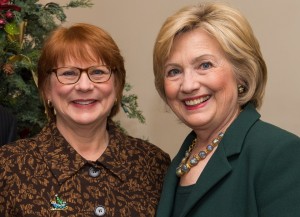
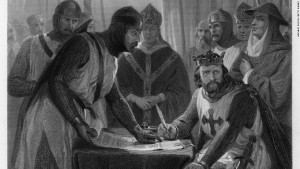
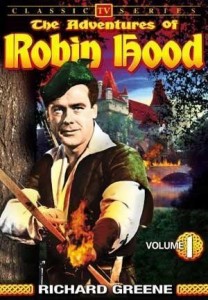 The lessons I learned in viewing this series boil down to: humans can and often will resist and even take collective action when their government exploits and demeans their existence.
The lessons I learned in viewing this series boil down to: humans can and often will resist and even take collective action when their government exploits and demeans their existence. 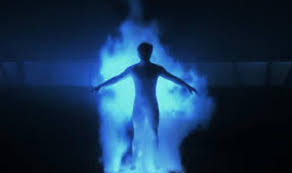
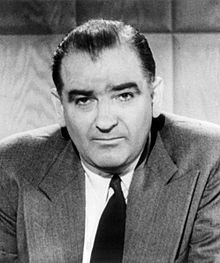
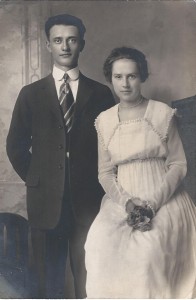
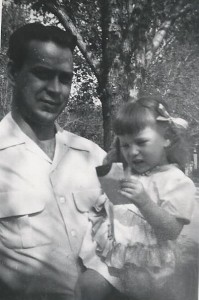
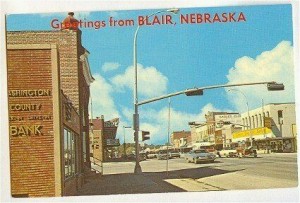


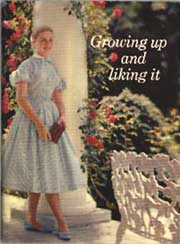
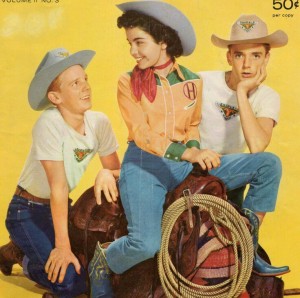
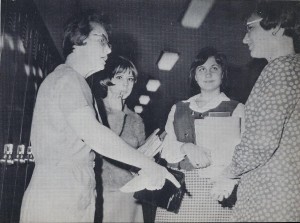
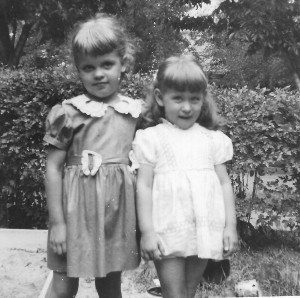
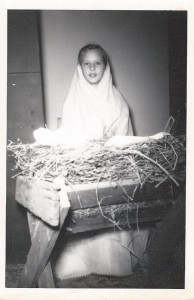
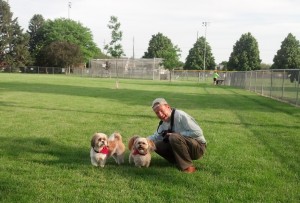 My Life.
My Life.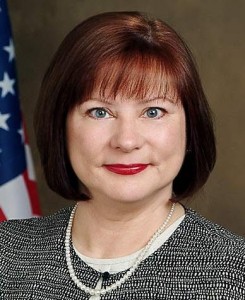 My Perspective.
My Perspective.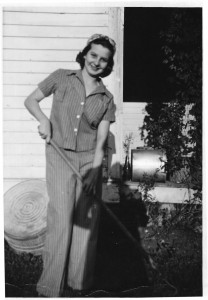
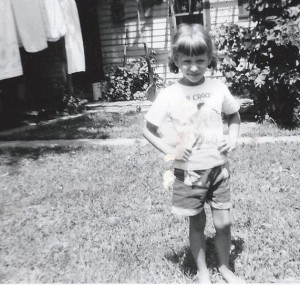 1950’s Mom and Me.
1950’s Mom and Me.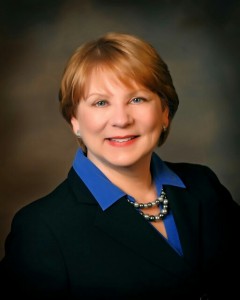
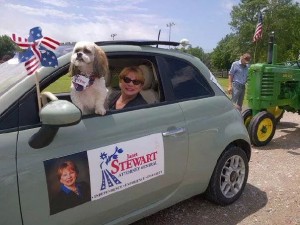
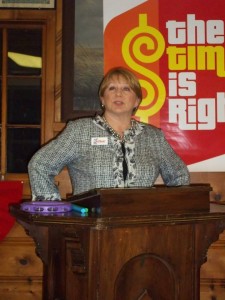 2014
2014